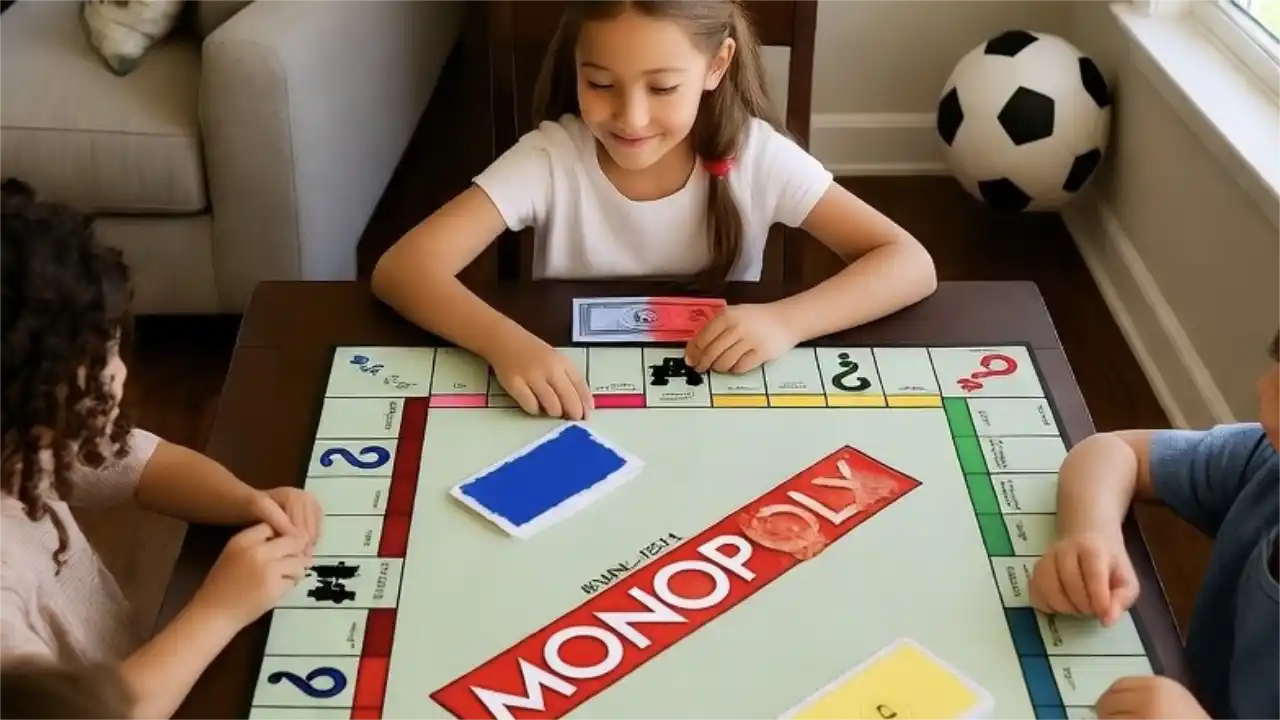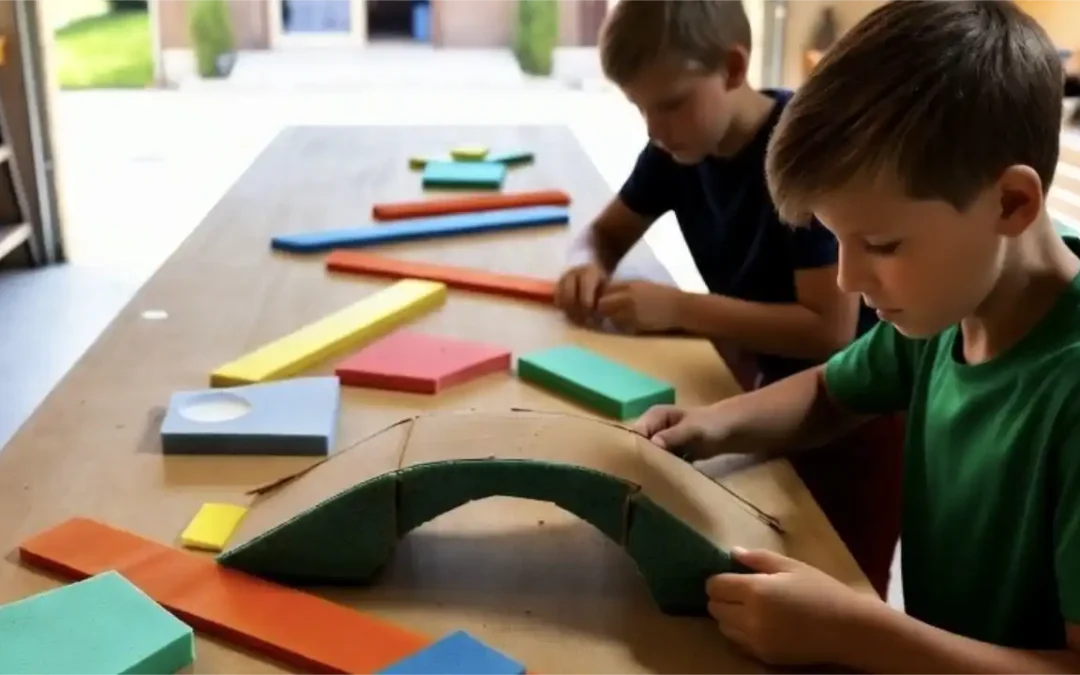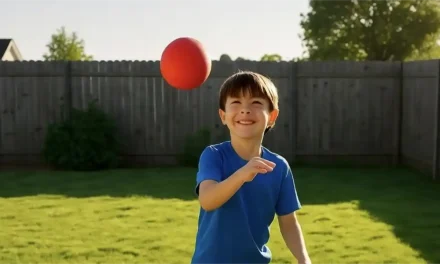
Encouraging Group Activities: Team Up for Board Games and Sports
G
ames aren’t just for fun—they’re powerful tools for teaching cooperation. Whether it’s solving puzzles, Monopoly, or backyard soccer, these activities require children to plan together, take on roles, and adapt in real time. Just like artists trading ideas in old Parisian cafés, kids learn to communicate, strategize, and support each other. A well-placed question—“How can you help the team?”—can shift their focus from individual success to collective effort, laying the groundwork for group work in school, clubs, or community settings.
One night, my daughter joined a family Monopoly game but quickly got frustrated by clashing moves. I asked, “Could you plan together?” She created rotating roles—one as strategist, another as player—and the game flowed. That same mindset helped her later organize a soccer match with friends, assigning positions and guiding her team with confidence. She proudly shared their strategy with her school club, and I saw how these moments, from Scrabble to relay races, were shaping her into someone who knew how to lead and listen.
Make teamwork part of your weekly routine. Choose a game or sport, and let your child take the lead in organizing roles or setting the rules. Use a notebook to reflect on what worked or what could improve. Encourage them to share highlights with others. These playful sessions don’t just entertain—they prepare kids to thrive in group environments, where cooperation is key.
Encouraging Group Activities

Encouraging Group Activities: Experiment Together with Science Kits
Science kits turn curiosity into discovery. Explore experiments together to build reasoning, confidence, and shared learning joy.

Encouraging Group Activities: Build Models as a Family Team
Family model-building strengthens problem-solving and communication. Create shared projects that encourage patience, creativity, and teamwork.
Table of contents

Primordial Soup for the Mind: Navigation
Navigate the book Primordial Soup for the Mind.
TIPS
- Ask “Who handles what?” to start planning.
- Praise their teamwork to value their effort.
- Keep a journal for their roles.
- Suggest weekly model projects.
ACTIVITIES
- Board Game Challenge: Play a board game, ask, “How can you plan together?” Work for 15 minutes.
- Soccer Drill: Organize a sports game, discuss roles, 20 minutes.
EXAMPLE
My son led a Monopoly night, saying, “We worked it out!” His games started a strategy hobby.

Download “Primordial Soup for the Mind: A Parent’s Guide to Nurturing Intellectual Growth”
Enter your information to get this article and hundreds more as part of the FREE book Primordial Soup for the Mind.
Share your thoughts with the Thought Academy community in the Comments section below.

Sharpen those skills!
Enter your information to get our FREE practice exercises so you can hone your critical thinking and reasoning skills!







0 Comments